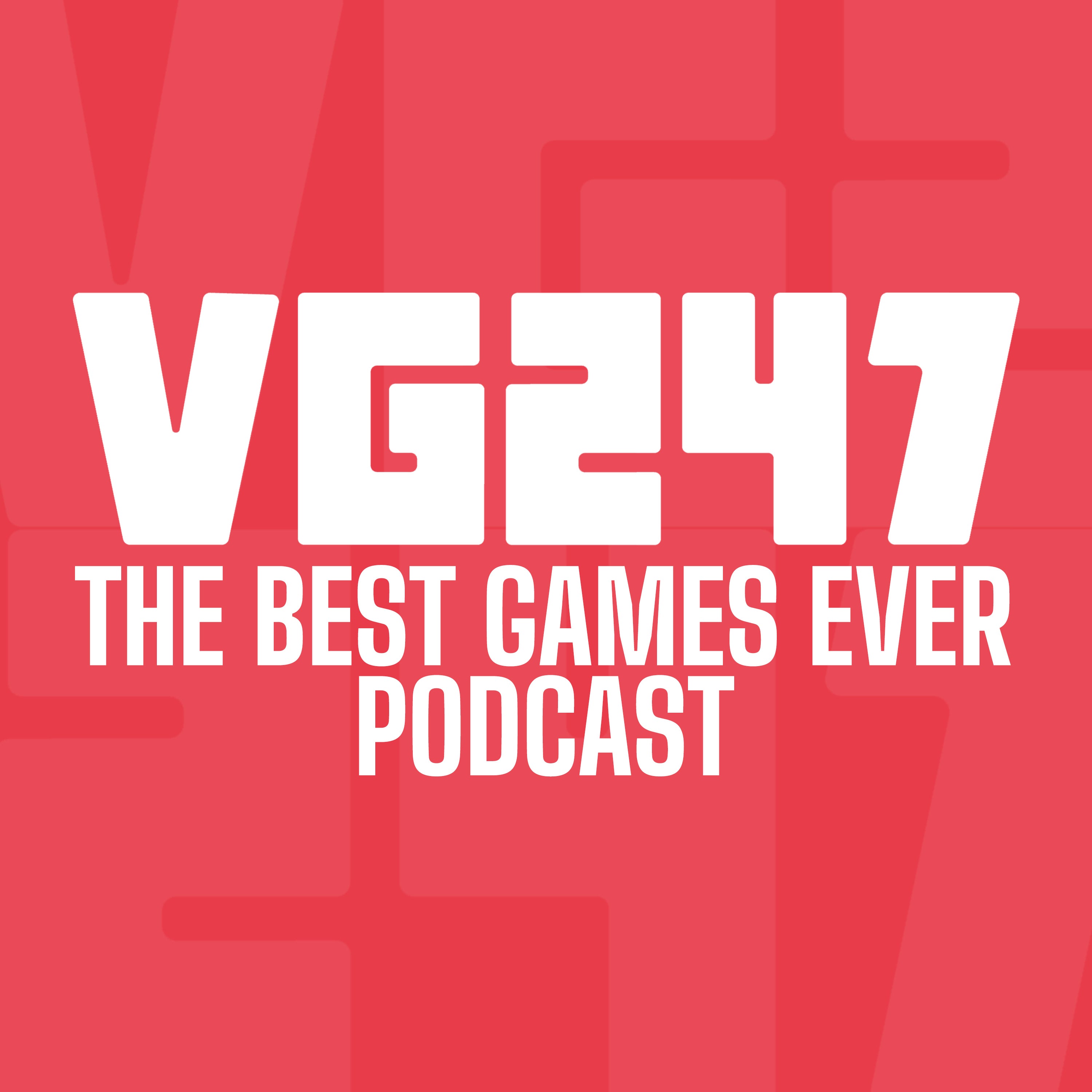Since the approximately $69 billion acquisition was first announced during the very beginning of 2022, there has been a repeated back and forth, as regulators globally investigate the merger, and what impact it may have on competition in the markets. Just recently, it was revealed that the Federal Trade Commission (FTC) is seeking to block Microsoft’s acquisition of Activision Blizzard. There’s also been a back and forth between Microsoft and Sony as the two companies argue for or against the acquisition, with Microsoft stating that, “Call of Duty gamers are neither ‘special’ nor ‘unique’ in terms of either their spending or user engagement as compared to gamers that favor other popular franchises.” It also suggested that The Elder Scrolls 6 will be only a ‘mid-size’ game… which I certainly hope it isn’t. The CMA has since issued a statement detailing a summary of public responses to the merger. While 2600 emails received had to be excluded from the review due to “abusive content”, or being “blank” and “unintelligible”, the majority of sincere responses are in support of Microsoft’s plans. Then, the CMA weighs up the public arguments from both sides. “Of the 2,100 emails that we reviewed, around three quarters were broadly in favour of the Merger and around a quarter were broadly against the Merger.” Those in favour of Microsoft’s plans to acquire Activision Blizzard felt that Sony and Nintendo have more power in console gaming, with the merger helping Microsoft compete against the two companies. Additionally, the public believes Call of Duty is unlikely to be made exclusive, and also has plenty of competition from the likes of Battlefield, Grand Theft Auto, and FIFA. The public also believes the merger will push Sony to be more innovative, and that the company has been “historically involved in securing exclusive content or early access to popular cross-platform gaming franchises, such as Final Fantasy or Silent Hill.” On the other side of the argument, however, those in the public against the acquisition believe that Microsoft is already dominant when it comes to PC operating systems, and the merger will simply allow it to gain a similar position in gaming. The public are also of the belief that Call of Duty will become an Xbox exclusive, “just as it did with Bethesda after it acquired ZeniMax Media.” People also believe the merger will generally give Microsoft more bargaining power with game publishers, and will make it, ultimately, a more dominant force in the gaming sphere. The most important point made by the quarter of the public against the merger is that this is the largest merger in gaming history. If this acquisition goes through, it’ll be “paving the way for a potential string of future acquisitions of publishers such as Take Two, EA, Ubisoft, thereby increasing concentration in the market.” If it was down to the public, Microsoft’s deal with Activision Blizzard would perhaps cruise on by without an issue. However, the CMA’s survey responses are limited to 2100 emails, which is a relatively small sample size and not at all representative of what gamers across the world might be thinking. Microsoft’s real challenge lies with competition regulators, moreso than the public.
